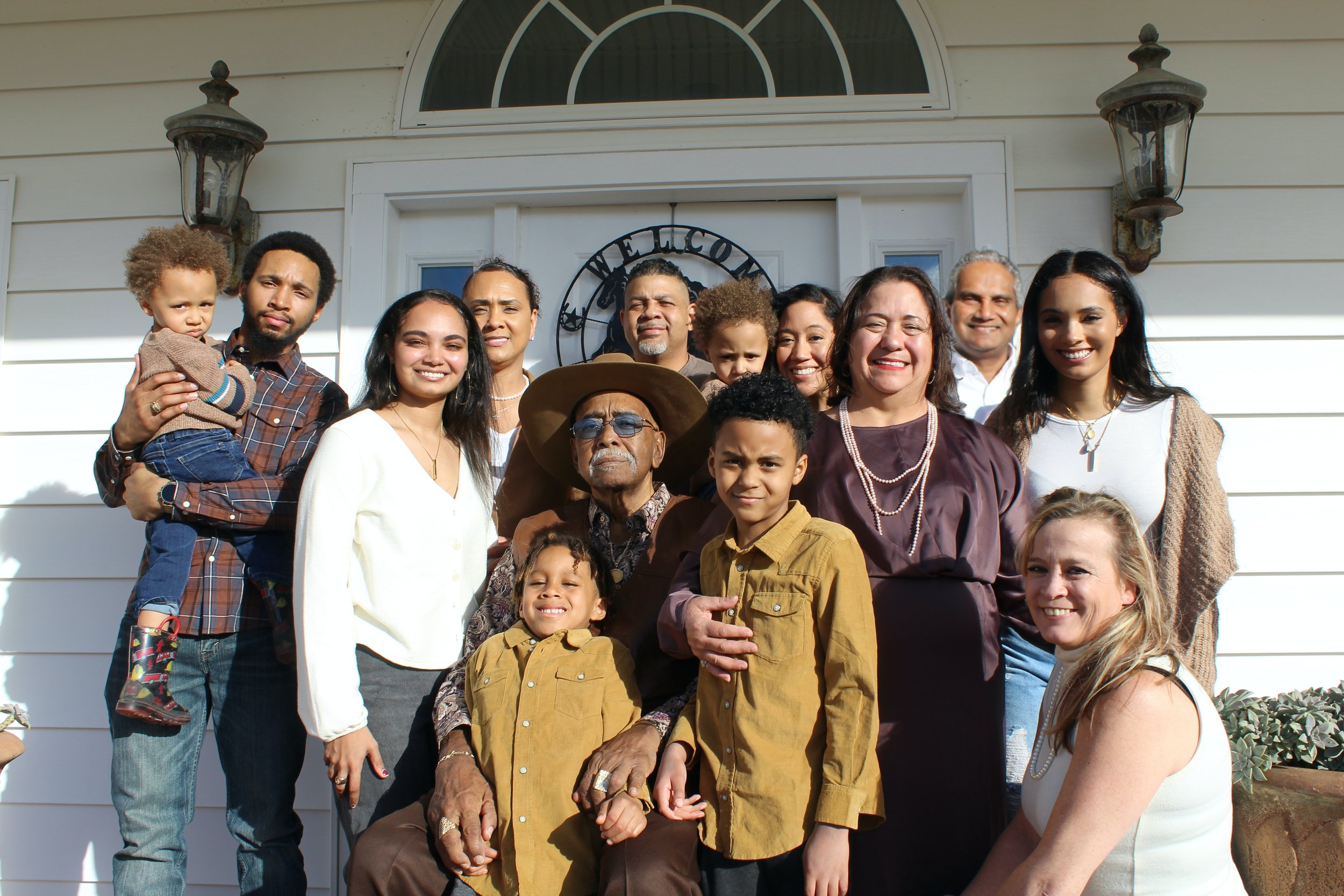Events

When an unexpected situation or conversation occurs that does not go in your favor, it is second nature to act upon the first thoughts and feelings that come to mind. However, these thoughts and feelings may not always be the most effective way to handle whatever the situation may be. It is important to respond to situations rather than to react. You may be thinking, what is the difference? Reacting and responding are similar in nature as both come from a place of wanting to be heard or understood. However, there are differences between these two.

Erik Erikson (1902-1994) is a psychologist most well known for his model on psychosocial development. Erikson’s focus on the social aspects of development, and the impacts of social influences on our development, differentiated his model from others and provided a framework that would progress the field of psychology for decades to come. Erikson’s stages of development theory details eight distinct and consecutive stages one progresses through to develop a healthy sense of self.

The holidays are now over & it’s time to assess the past year- Are you working too much? Are you feeling fatigued & stressed on a regular basis? Are you isolated & withdrawn from friends/family? Are you experiencing a low mood or poor sleep? Are you having difficulty concentrating or feeling unmotivated? If you answered yes to any of these questions, you may be experiencing burnout.

Picture this: it is a Saturday morning, and your child has a soccer game. You spend the morning rushing to make sure your child eats breakfast, puts on their clean uniform, and has a bag packed of necessary items. As you are pouring your coffee in a thermos before you run out the door, your child gets comfortable on the couch and turns on the television. You remind your child as you approach the door, “we are getting ready to leave, turn the TV off, and let’s go!”. Your child, who is zoned into their favorite show, does not listen, and continues to watch the TV. Frustration sets in and all patience disappears as you are looking at the clock and opening the door, “Bye! I’m leaving without you!”. Those simple five words then causes your child to begin crying and screaming, a full-on meltdown. The frustration grows bigger, and a fight begins, causing you to then be late for the soccer game (which you were trying to avoid happening). The result: you are agitated, your child is upset, and now you are late. Many have been in this position, when you express to your child that you are leaving without them. While this expression may come out of frustration, it can be considered a fear tactic which may invoke long term stress or fear of abandonment within your child. It is important to avoid invoking this fear because it could foster mental health and emotional difficulties. Getting your child ready to leave the house can become a positive experience to foster the growth of time management and responsibility by making a few changes to that morning routine.

Mental health and physical health have commonly been considered two entirely different and separate things. However, the two are very closely related in many different ways. At the broadest level, poor mental health negatively impacts one’s physical health and poor physical health may negatively impact one’s mental health. However, positive physical health promotes improvements in mental health and vice-versa. Many factors contribute to both one’s physical health and mental health; however, the benefits, or consequences, one has on the other are significant.

You would not be alone if you are concerned about the possible negative effects on your mental health around the winter season. Many people label this season as one of the most stressful times of the year, while some stress is unavoidable, too much stress can challenge your ability to cope.

As we begin to prepare for the holidays, this is also the time we turn back our clocks to standard time. In order to remember which way the clocks move, we’ve named it “fall back” & “spring forward.” Falling back means changing the clocks back one full hour, resulting in earlier sunsets & later sunrises. This ultimately means more darkness throughout the rest of Fall & Winter. Darkness can feel increasingly isolating & is known to exacerbate already existing mental health problems such as depression & anxiety. Changing back the clocks also negatively impacts our circadian rhythm (body clock), disrupting our sleep/wake cycle & the production of melatonin. Darkness increases the production of melatonin, thus leaving us to feel more tired, sleepy & fatigued in the winter months. In essence, sunlight is directly linked to our circadian rhythm therefore it is no surprise that when the sun goes down, we begin to get sleepy, even if it’s only 5pm!

The rise of social media has been one of the greatest changes our culture has seen over the last two decades. What began as a niche activity for younger generations has become a worldwide phenomenon for everyone of all ages, genders and backgrounds. Social media has allowed us to talk to and engage with friends and family across the globe with ease, access professional services from our homes, receive news and information with the click of a button, and engage in our hobbies and interests anytime and anywhere. However, as social media use continues to become more and more prevalent, and many users find themselves using social media more frequently, many people have found themselves experiencing harmful consequences as a result.

The phrase “Sunday scaries” is one that has been normalized and frequently used in our society to refer to the “fear” or anxiety that comes on a Sunday when anticipating the upcoming work week. Due to this, Sundays have slowly become less of a relaxing weekend day and have become replaced with feelings of worry, restlessness, and a sense of dread. While it is okay to begin to anticipate the upcoming work week, it becomes problematic when the “Sunday scaries” completely take control and ruin the day. Overall, it is possible to take back control of your Sunday and not make it so scary.

The word “no” is just two letters but can feel so intimidating and off putting to say to others. To some, this can be one of the most difficult words to udder. Despite the want to say “no” to another person, the words “yes, absolutely” or “no problem” can come in its place. Next thing you know, you are committed to a task or an event that you did not want to complete or attend. Saying “no” is an important skill to acquire and practice in order to begin prioritizing your own mental health and emotional needs.